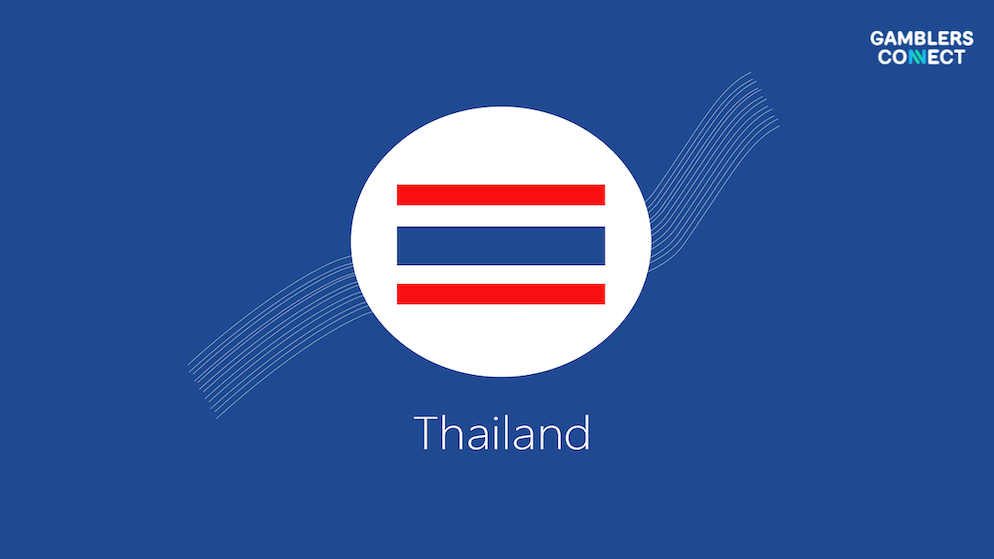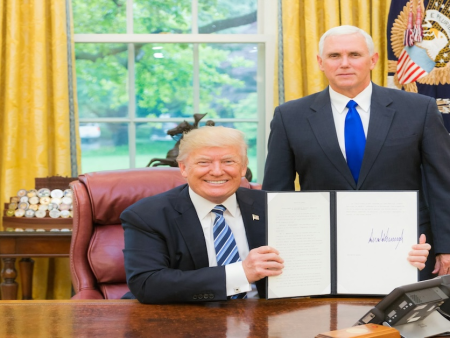
The new gambling legislation of Thailand and its ambitious plans to legalize integrated casino resorts have hit a major roadblock following a sudden political upheaval.
Prime Minister Paetongtarn Shinawatra was suspended by the Constitutional Court this week amid an ethics investigation, putting a temporary halt to legislative efforts to introduce legal casino gaming.
The bill, which aimed to authorize up to five large-scale resort casinos in cities like Bangkok, Phuket, Chiang Mai, and Chonburi, had been gaining momentum under Shinawatra’s administration.
Global operators including MGM, Melco, and Galaxy Entertainment, had already expressed interest in entering what could become one of Southeast Asia’s most lucrative gaming markets.
Shinawatra was a vocal supporter of the bill and had recently engaged in discussions with Cambodian authorities to potentially collaborate on cross-border tourism and gaming initiatives. However, critics questioned her involvement in certain foreign affairs and pointed to legal ambiguities in her business dealings—factors that contributed to her temporary removal.
With her leadership now suspended, the future of the casino bill is uncertain. Legislative progress has stalled, and key stakeholders are waiting for clarity on who will take the reins and whether the new leadership will continue to back the gaming initiative.
Analysts suggest that even if political stability returns quickly, the delay could set the project back by months or even years, as international investors grow cautious. Thailand’s push to legalize casinos was seen as a transformative move for the region’s tourism and economy, but now it hangs in limbo.
The situation underscores how dependent major iGaming reforms can be on political leadership—and how quickly momentum can vanish in times of governmental crisis.





